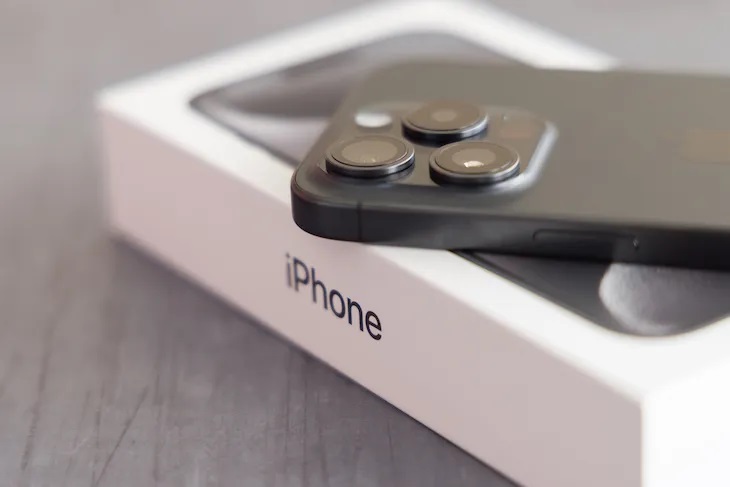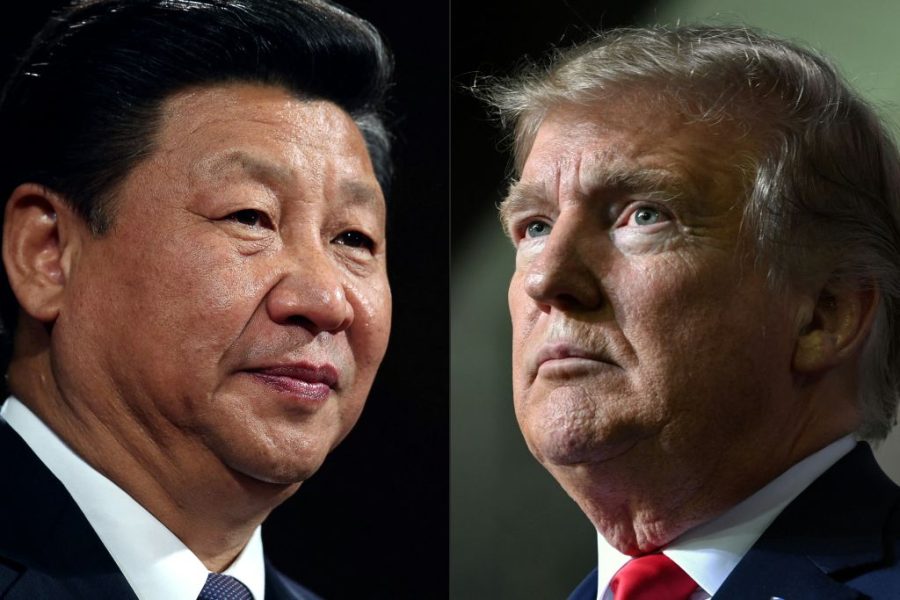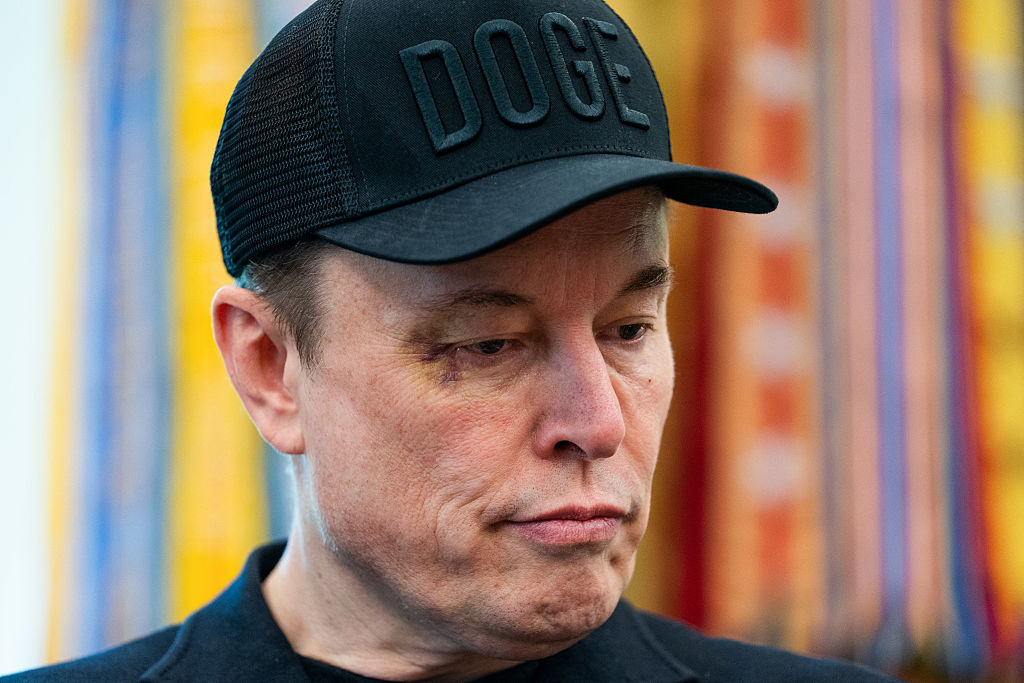It has been a long time since the West dominated shipbuilding or steel making. We are already aware that we are losing ground in consumer goods, as well as in finance and transport. Add it all up, and we no longer expect the US, Europe or its allies to control the global market in most major industries. Still, even as other industries lost ground there was one thing most economists and industrial experts would have felt sure we could rely on: Apple. Whatever else happened, nothing would knock its world-beating iPhone — without question the world’s most profitable product — off its well-secured perch. But hold on. Apple’s market share is now falling at an accelerating pace, and its Chinese rivals are rising fast.
According to figures out on Monday, Apple is no longer the world’s biggest manufacturer of smartphones
According to figures out on Monday, Apple is no longer the world’s biggest manufacturer of smartphones, after a steep fall in sales in the first quarter of the year. Apple took only 17 percent of the market in 2024 so far, compared with 20 percent for its great rival Samsung. But it was the rising share recorded by its newer Chinese rivals that was more eye-catching, with Xiaomi, the country’s leading domestic brand, taking third place, with almost 15 percent of the market, not far behind Apple, and with a revived Huawei also making big gains. With the CCP clamping down on Apple’s access to the vast Chinese market (hardly surprisingly given the protectionism of the Biden administration), that will continue for the rest of this year and beyond.
For the last twenty years Apple owned the market for high-end smartphones, with Samsung, running Google software, in second place. China’s rise in smartphones, however, is a snapshot of what is already happening in many other industries. In automobiles, with electric vehicles as a way into the market, China is now the world’s largest exporter, with plenty more brands entering the market (including Xiaomi, fast becoming a household name). It is starting to happen in microchips, as China is forced by American technology bans to make its own semiconductors; in pharmaceuticals; and it may happen in aerospace very soon as well, with the Chinese-made Comac C919 passenger plane already operational and set to take market share from an increasingly troubled Boeing.
In reality, China is turning from a supplier to western companies into a direct competitor. The days when western companies could use cheap Chinese components, and its hyper-competitive factories, to lower their costs and fatten their profit margins are long over. Instead, they face increasingly brutal competition from aggressive, well run Chinese rivals — now moving into mainstream consumer markets. Even the mighty Apple may not be strong enough to withstand the onslaught. If Apple loses the economic war with China, so will the West and right now its prospects are not looking good.
This article was originally published on The Spectator’s UK website.


























Leave a Reply